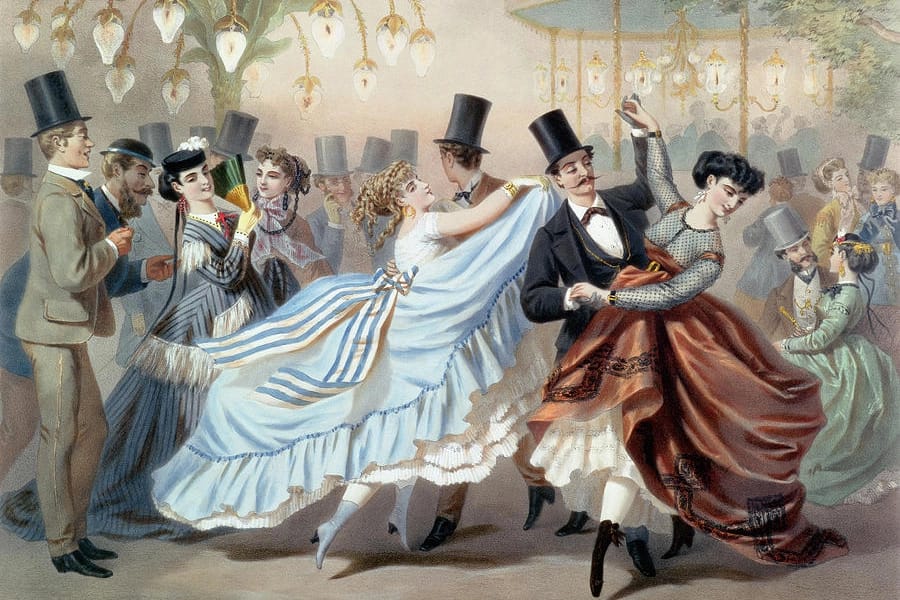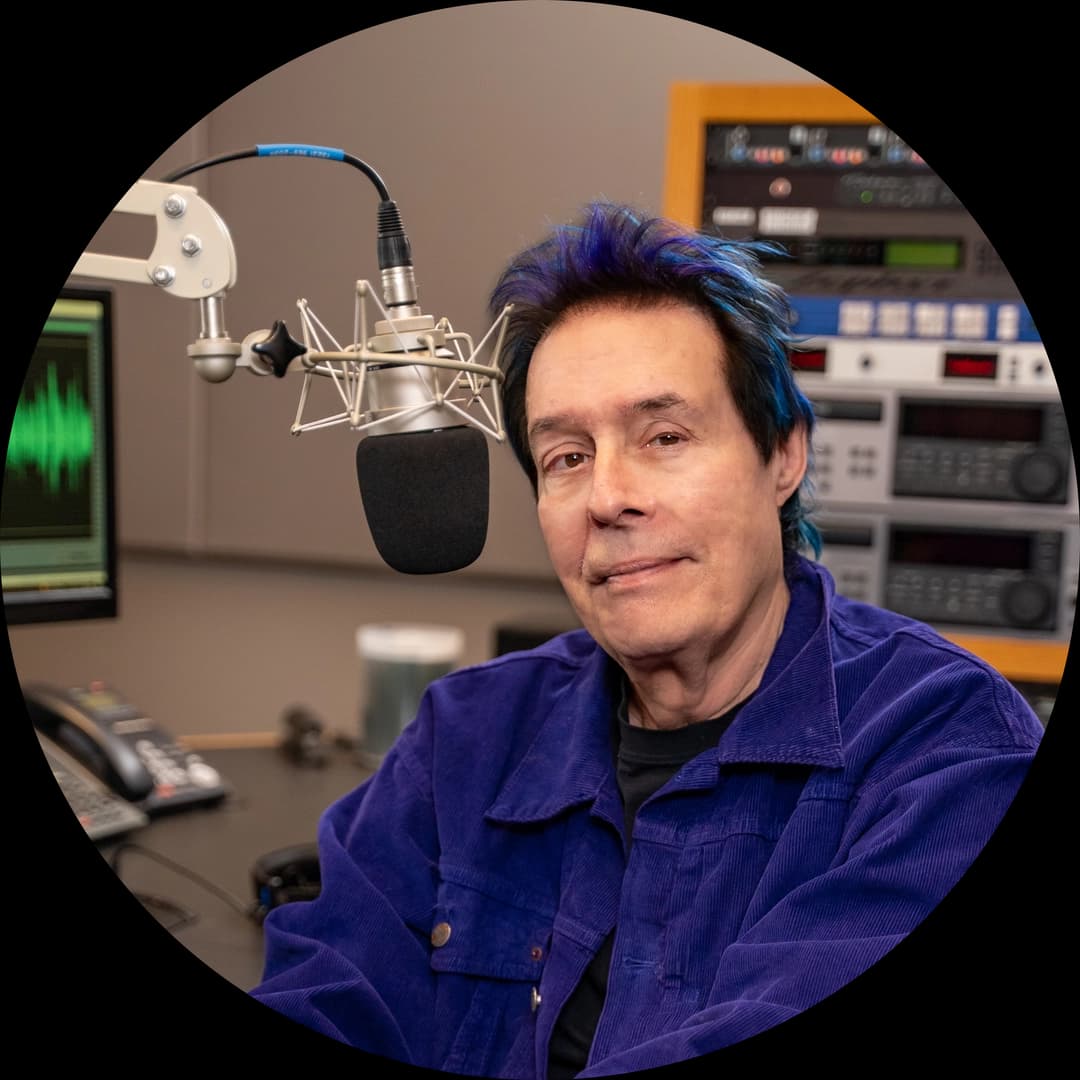
articles / Chapman Challenge
Chapman Challenge: Why Is Vienna So Famous for the Waltz?

KUSC’s Alan Chapman has a lot to say about music, but can he say it in 60 seconds? That’s the Chapman Challenge. We ask a question and Alan has a minute to answer it.
Today’s question is especially appropriate this week since New Year’s Day in Vienna means lots of waltzes. And the question is: Why is Vienna so famous for the waltz?
A big promotional event for the Viennese waltz took place in 1815 when the Congress of Vienna brought statesmen and aristocrats from across Europe to the city and festive social events featured the dance.
Eventually, the waltz would decline in France and England, but not in Vienna, where people flocked to the dance halls. Among the largest of them was the Apollo, which opened in 1808 and could accommodate 6000 dancers.
And, of course, nineteenth-century Vienna was home to some brilliant waltz composers: Joseph Lanner and his friendly rival Johann Strauss, Sr., father of three composers including the waltz king, Johann, Jr. When a 21-year-old Chopin visited Vienna he said that “Lanner, Strauss, and their waltzes obscure everything.”
That’s today’s Chapman Challenge. Is there a question you’d like to have answered in 60 seconds? Send it to us at [email protected].






